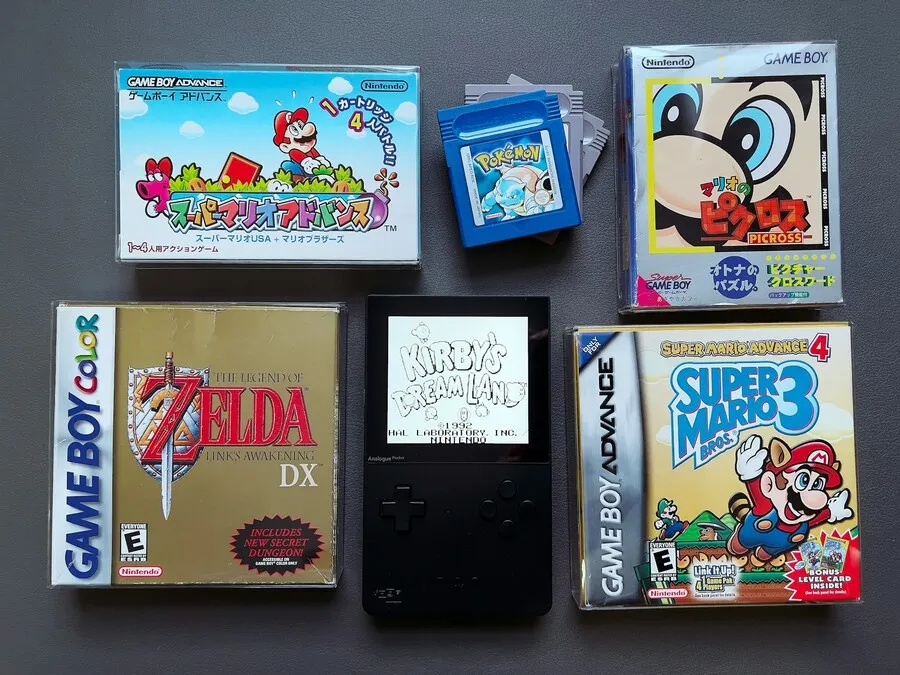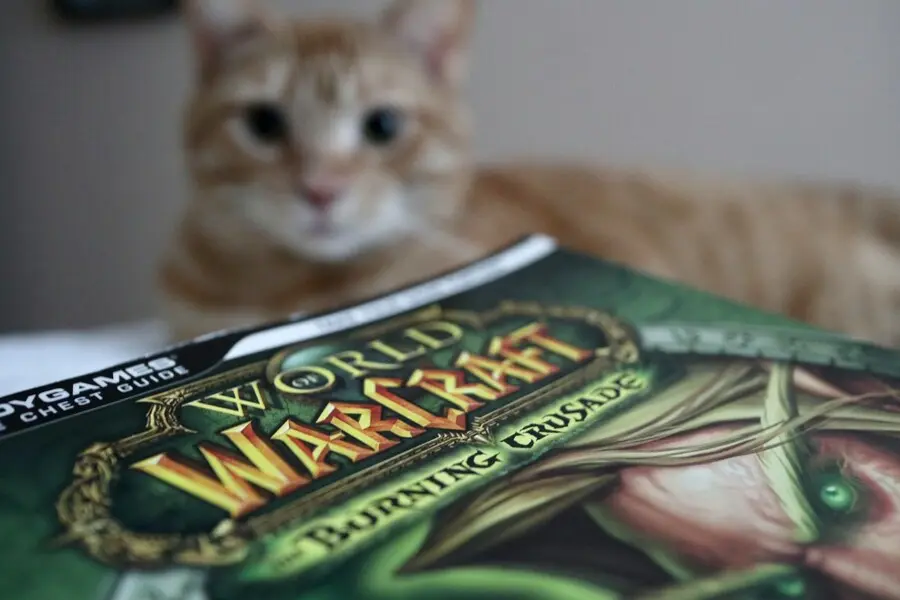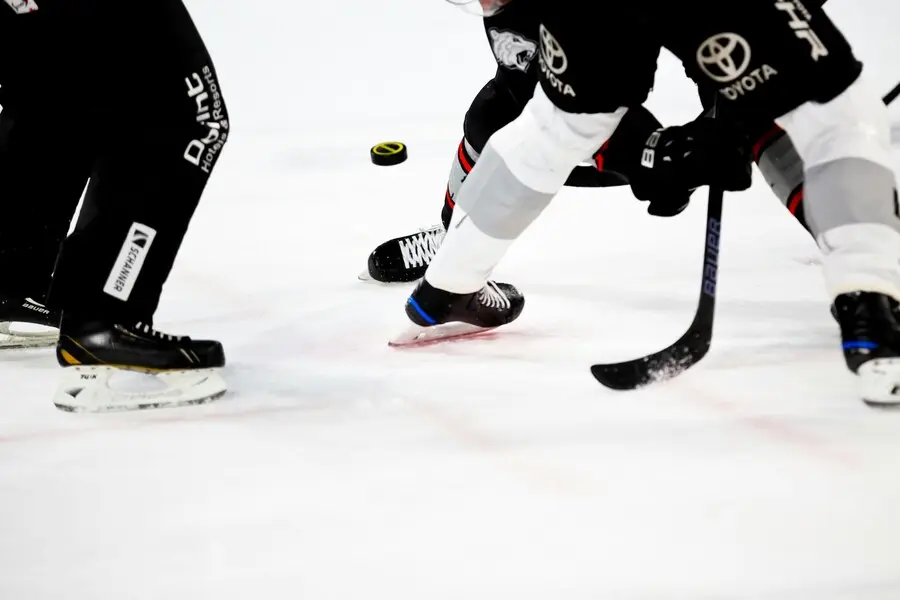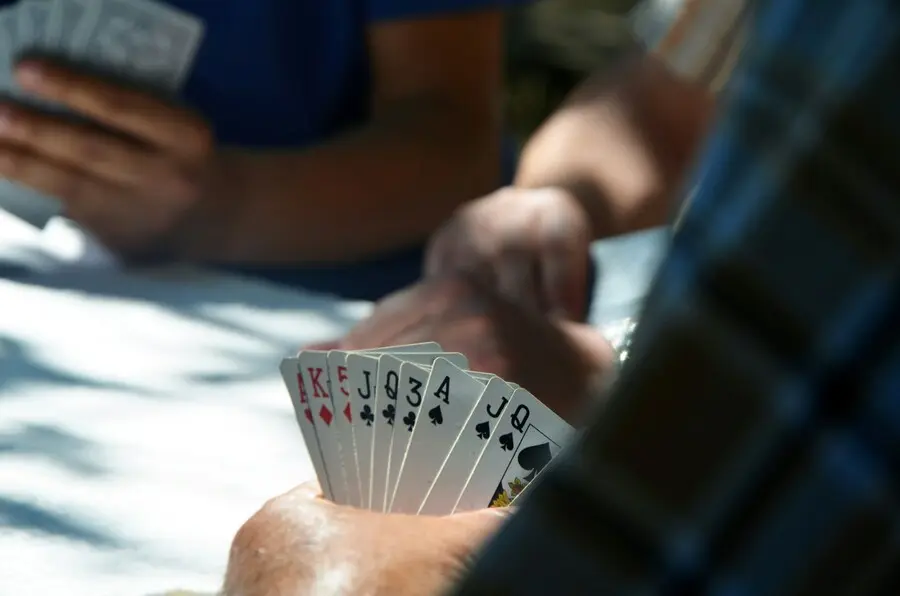The key job of a songwriter is to write a song. Not to perform the song. Not to record the song. Not to promote the song. Not to sell the song. But to write the song.
Your primary skill as a songwriter is to pick the right notes and right chords to go with the right words and right song title and write them into a song.
You write a song for whom?
Firstly, for the end listener. The person who will actually emotionally and financially buy the song, either through buying a CD or record or buying a live performance of the song.
Secondly, for the record company, who will turn a song into a product (like a record or CD) that can be delivered to the end user through radio or retail stores.
Thirdly, for radio programmers, who decide what their listeners will listen to.
Fourthly, for the performer of the song who has to provide a performance that the record company will want to capture and the radio station will want to play.
Now you could argue for more people to be added to this list or for this list to be reordered. But essentially these are the people for whom a recording songwriter writes.
So, now you know who to write for, how to become a songwriter for these listeners is the key question.
What key skills do you need to become a songwriter?
As a songwriter you must know how to write lyrics, how to write melody, how to write chords and how to write your song as a lead sheet. As a song owner and seller you must also know how to select the song to demo and how to record a compelling demo.
Put another way, as a songwriter, you are a lyric writer, a melody writer, a chord writer and a lead sheet writer. That is, to be considered a songwriter, you must write in these four dimensions.
You could be a solo songwriter like Billy Joel and Bob Dylan do all four things yourself. Or you could be part of a partnership like Lennon-McCartney or Holland-Dozier-Holland and specialise in either a lyric or music role or move between the roles, depending on the song.
Writing lyrics
So, how to become a lyric writer is one of the sub questions of the big question: how to become a songwriter.
The key skill is the ability to be able to tell a story rather than just throw words or rhymes together. One of your key lyric skills is to be able to create song titles and then write your lyric around that.
There are various conventions about loading your chorus up with your title lines and using your verse and bridge to support that line. In addition you need to learn to write your story within conventional forms.
Fortunately, there are loads of resources both on and offline that can teach you how to write lyrics. Naturally, to become a lyric writer you need to write habitually and exercise your skills daily.
The challenge of melody
Unfortunately there is not as much resource around that can support you in becoming a melody writer. Whereas there is a sound lyric writing literature available to songwriters, no comparable literature exists for melody writing skills.
Much of what passes for melody writing advice lives is often the twins of superstition and obscure theory in drag, neither of which actually tells the melody writer how to choose the best notes for their melody. Nor teach them how to become a songwriter.
The two main melodic skills you need are the concepts of contour and span. Contour means melodic direction and shape and whether any given note is at a higher, lower or same pitch as the previous one.
Jack Perricone identifies four contour shapes in his book entitled Melody in Songwriting: Tools and Techniques for Writing Hit Songs (Berklee Guide).
There are in fact hundreds of contours, depending on how many notes there are in your melodic phrase. These contours can effectively show you how to become a songwriter. At the moment there is only one melodywriting site online that educates songwriters about these melodic goldmines.
Span is also important to your melodies and ensures that you write for ordinary people who will sing and hum your melodies as they wash their car or vacuum their house or console themselves. Attention to span means you will write for your fans, not for virtuoso singers who never buy or sing pop music generally, let alone yours.
Anyone seriously wanting to know how to become a songwriter will not neglect melodic span.
Chords and harmony
Fortunately one area where songwriters are relatively well served is in the chord writing area. There is no shortage of stuff that teaches you scales, chords and chord progressions. Compared to learning lyric writing and melody writing, learning scales and chords is straight ahead, like learning a yellow pages directory.
The more songs you write, the more you realise how secondary chords and voicings are when you are dealing with the absolute core of songwriting: deciding which notes go best with which words.
Scales and chords are not useful at this time. They are very important however after you have selected the notes and words for your song and it’s time for an arranger and a producer to arrange your notes and words into voices and sounds that your fans will love.
Nevertheless, choosing the right chord for your melody is an important part of how to become a songwriter.
So in becoming a songwriter you are becoming a lyric writer, a melody writer and a chord writer. But as important as these skills are, the most important skill has not been mentioned yet.
Rhythm to song is like oxygen to life
A key part of how to become a songwriter is how to become a talker, reader, writer and player of rhythm.
While we can think of rhythm as being a separate concept (and there are good reasons for this view) it is so embedded in lyric, melody and harmony, that you need to understand how rhythm integrates each aspect as well as how it separates from each too.
Words consist of meaning and rhythm. Melody consists of pitch and rhythm. Harmony consists of simultaneous sound and rhythm. Rhythm consists of rhythm and timbre. There is no escaping the importance of rhythm and understanding, talking, reading, writing and playing rhythm is a key part of how to become a songwriter.
Again, like melody, the news is not so hot here.
Ethnomusicologists report on many cultures around the world who have rich, verbal languages for counting and talking rhythm. Musicians of South India are rich in this regard. Musicians of the west are not so blessed. Which slows our rhythm education down a bit. And hamstrings us as songwriters if we do not overcome this handicap.
Fortunately with the emergence of rhythmeggio–which is like the solfeggio for rhythm—songwriters now have a simple to learn language that allows them to talk, read and write rhythm like their first language.
And speed up their understanding of how to become a songwriter and their ability to write an acceptable number of songs to acceptable levels a lot quicker than they otherwise would.
How to become a songwriter in summary
So the keys aspects of successfully knowing how to become a songwriters lie in becoming proficient at writing lyric, at writing melody, at writing chords which in turn is accelerated by your ability to talk, read and write rhythm.
These are the skills that allow you to pick the right notes and right chords to go with your words and song title and so earn you the right to call yourself a songwriter.
Source by Taura Eruera












